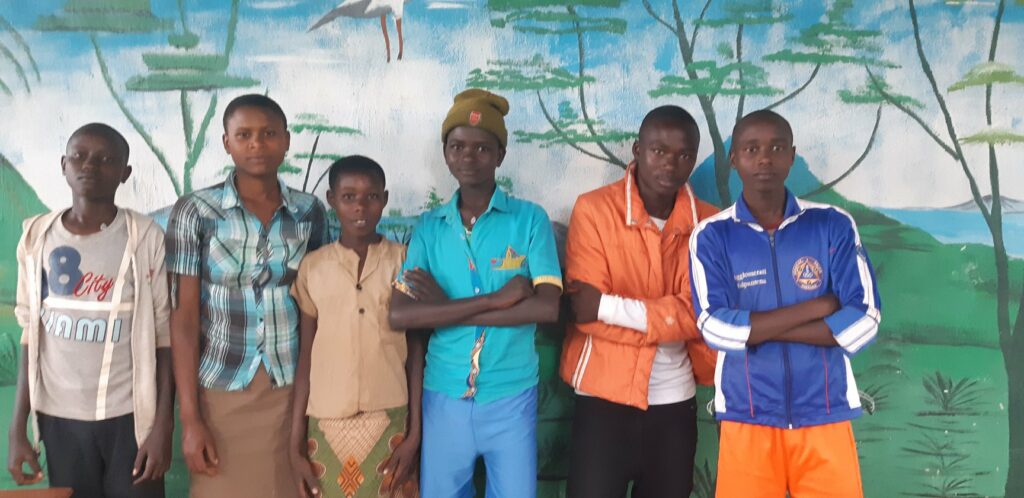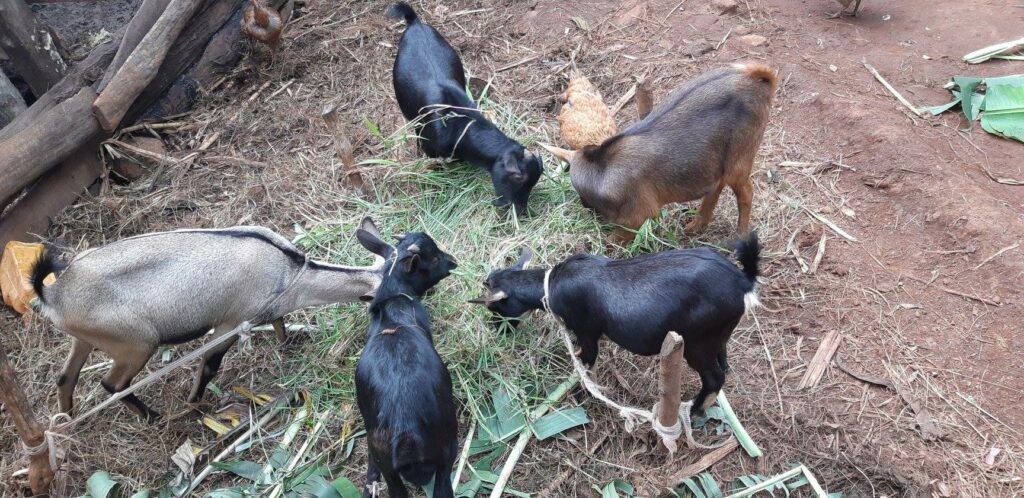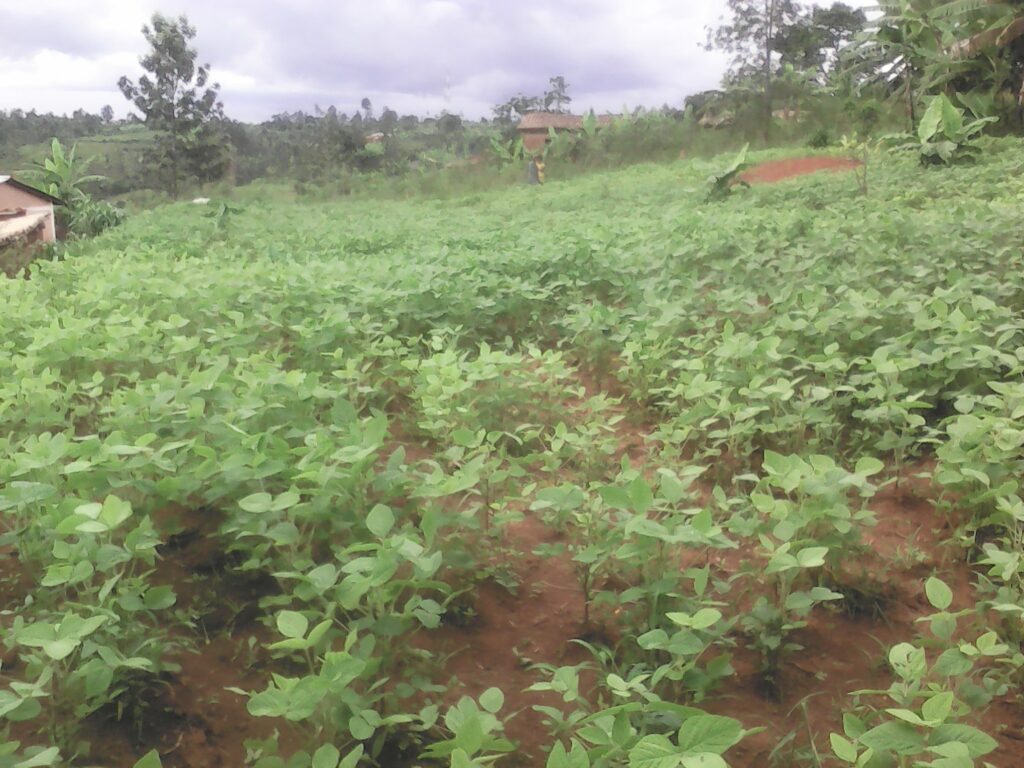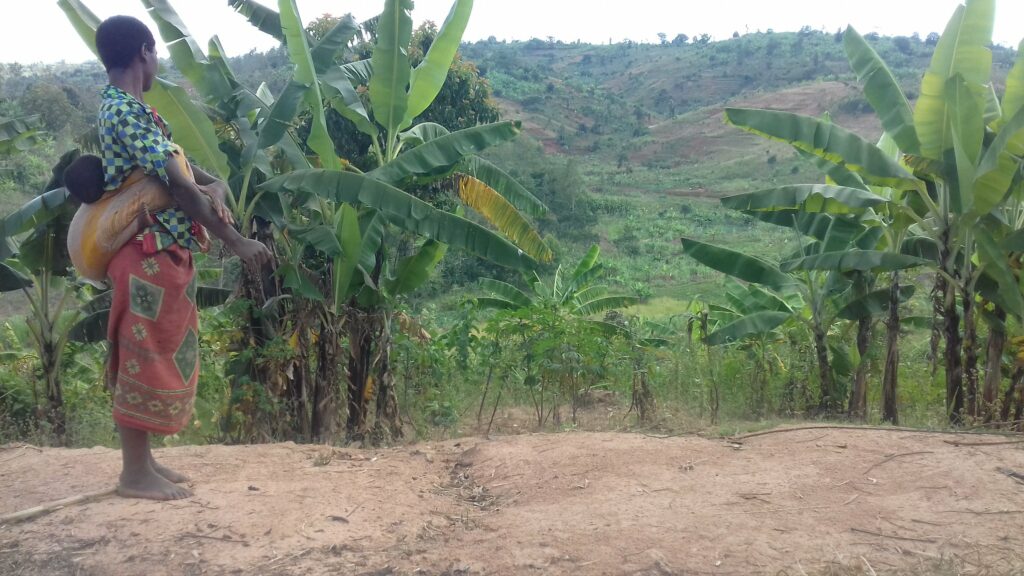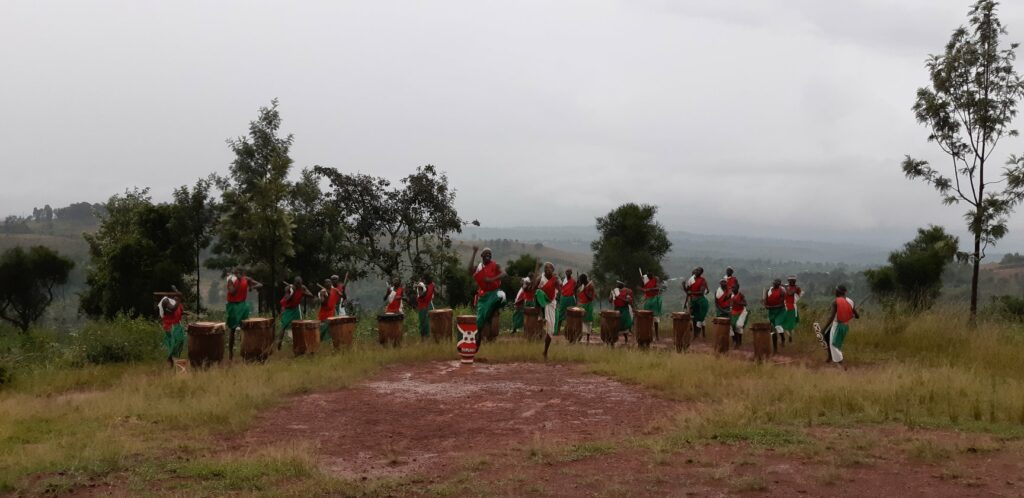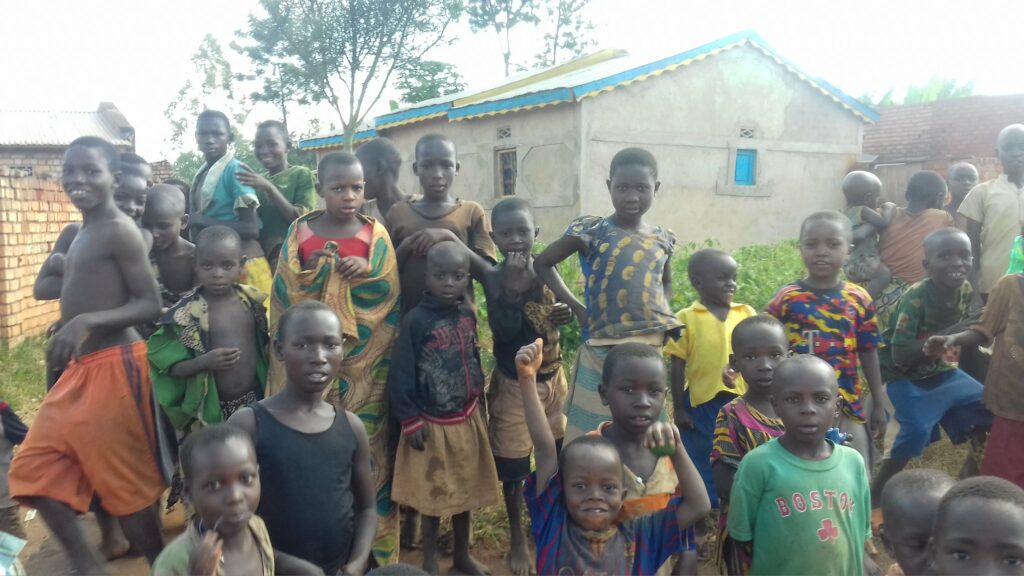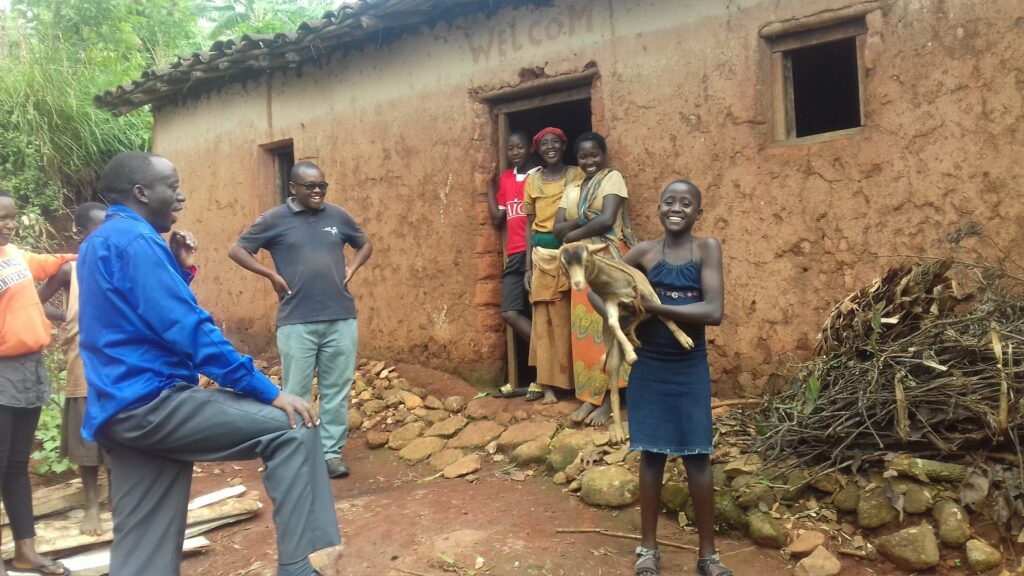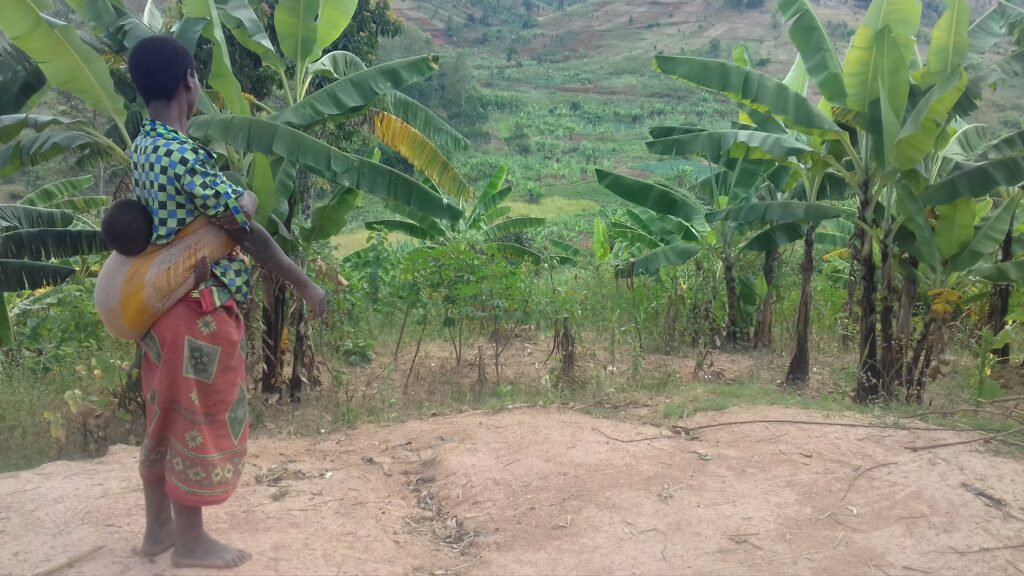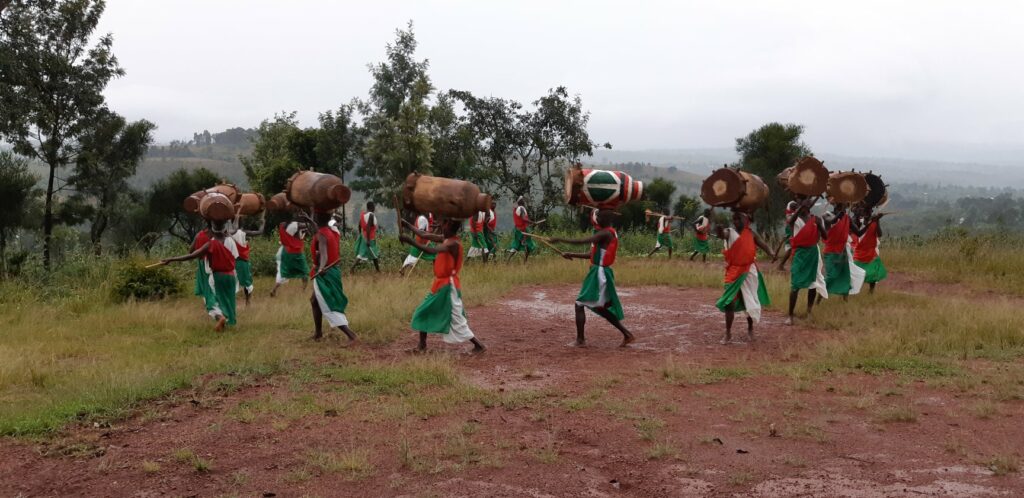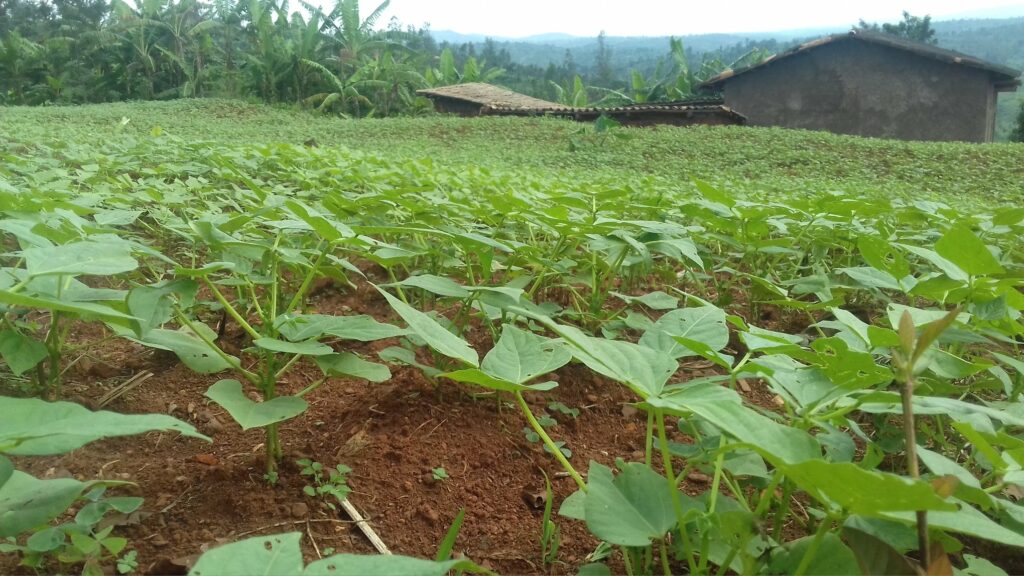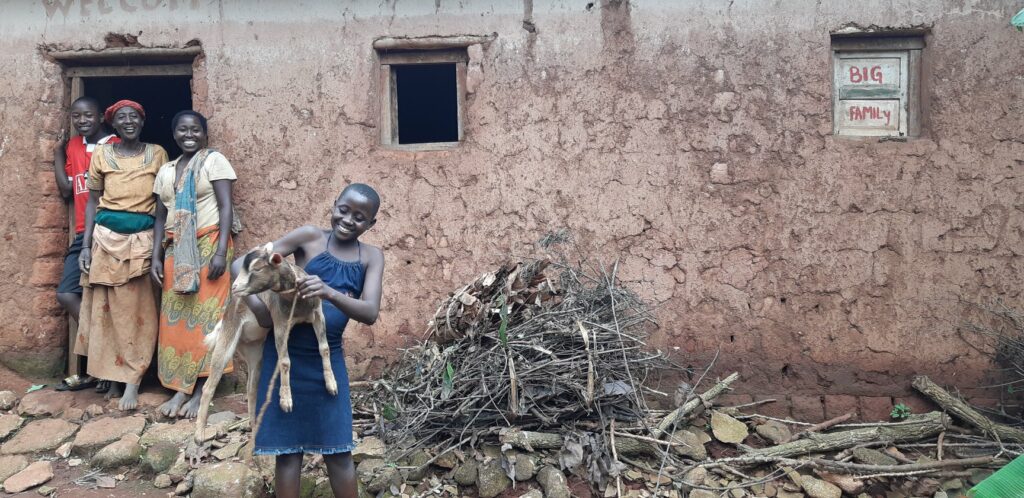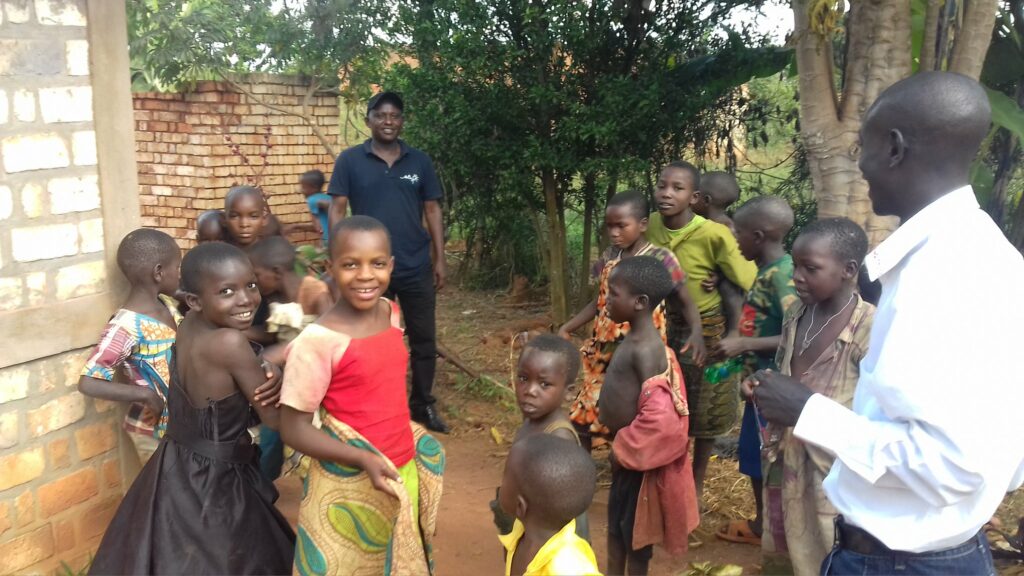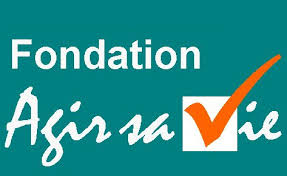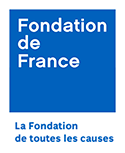Burundi - Agri School Program
Country context
Burundi is one of the poorest countries in the world, with more than two-thirds of its population living below the poverty line. The population, 90% of which is rural, relies on subsistence agriculture, while pressures on agricultural land increase due to a rapidly expanding population. The political and security crisis resulting from the 2015 elections and the coup worsened these structural vulnerabilities. However, education remains a priority for the Burundian government.
Structurally, the country suffers from an economy that is poorly diversified and vulnerable to climatic conditions and fluctuations in international market prices.
Solinfo intervened with the youth in the context of a project for food self-sufficiency through agriculture and goat farming, which, through a virtuous economic circle, also facilitated the beneficiaries’ return to school.
Following a request from the Burundian community engaged in supporting vulnerable youth in their country, Solinfo conducted an exploratory mission to Burundi, where the humanitarian assessment revealed an alarming situation for the local youth: famine, dropout rates, extreme poverty…
In 2016, Solinfo decided to support an existing local initiative led by a religious community but in need of a little boost. The project aimed to support young people and their families through income-generating pastoral activities, with goats being the preferred livestock in Burundi. Finding this initiative very interesting, Solinfo supported and expanded the project by initiating income-generating agricultural activities in addition to pastoral activities. Through a virtuous economic cycle, this allows for the re-enrollment of young people in schools.
Given the success of this project, which became financially self-sufficient in a year and a half, Solinfo supported the creation of a second identical project with another local organization, JJB-Jumelage Jeunesse pour le Bien-être des enfants et des jeunes, in close collaboration with the religious congregation, to extend this initiative to several regions of the country.
Today, the project operates independently, without needing our support.
The objective of the Burundi AgriEcole project is to enable young people aged 12 to 18 to develop a virtuous economic process of modern agriculture.
Through income-generating activities related to goat farming and vegetable cultivation, the young people supported by Solinfo contribute to a solidarity fund, allowing them to purchase their school kits and uniforms.
Very cost-effective and highly efficient within the context of poverty in Burundi, the Burundi AgriEcole project aims to extend modern and profitable ecological farming techniques to families using traditional and sometimes less effective methods.
Moreover, the sales of harvests, goats aged over 5 years, kid goats, as well as manure, contribute to a solidarity fund for each center.
As the goat population increases with each birth, the solidarity fund becomes increasingly supplied. Each center becomes financially self-sufficient within a maximum of two years.
This commitment to guide our partners toward financial autonomy is embedded in our principles. We strive wherever possible to help the local associations we work with take control of project financing. This involves seeking sources of income at the local level to reduce dependence on international donors.
Founded in 2000 and officially accredited in 2002, Jumelage Jeunesse pour le bien-être des enfants et des jeunes – BURUNDI (JJB) is a Burundian organization working in collaboration with youth associations and groups.
Favored by a partnership protocol with the Ministry of Youth, Sports, and Culture, JJB has the privilege of conducting its activities within and around youth centers in the country, thereby acting across the entire Burundian territory.
The objective of JJB is to empower Burundian youth. This is achieved through entrepreneurial culture, community solidarity, and the promotion of respect for political-ethnic, sociocultural, and gender differences.
The aim is to enable young people to enjoy their rights and contribute to promoting well-being and peace.
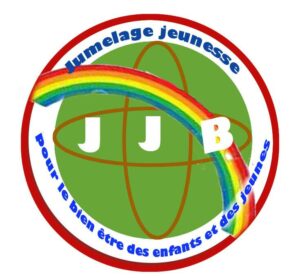
Our partners in France
The program updates
Snapshots of the Agri School in Burundi
